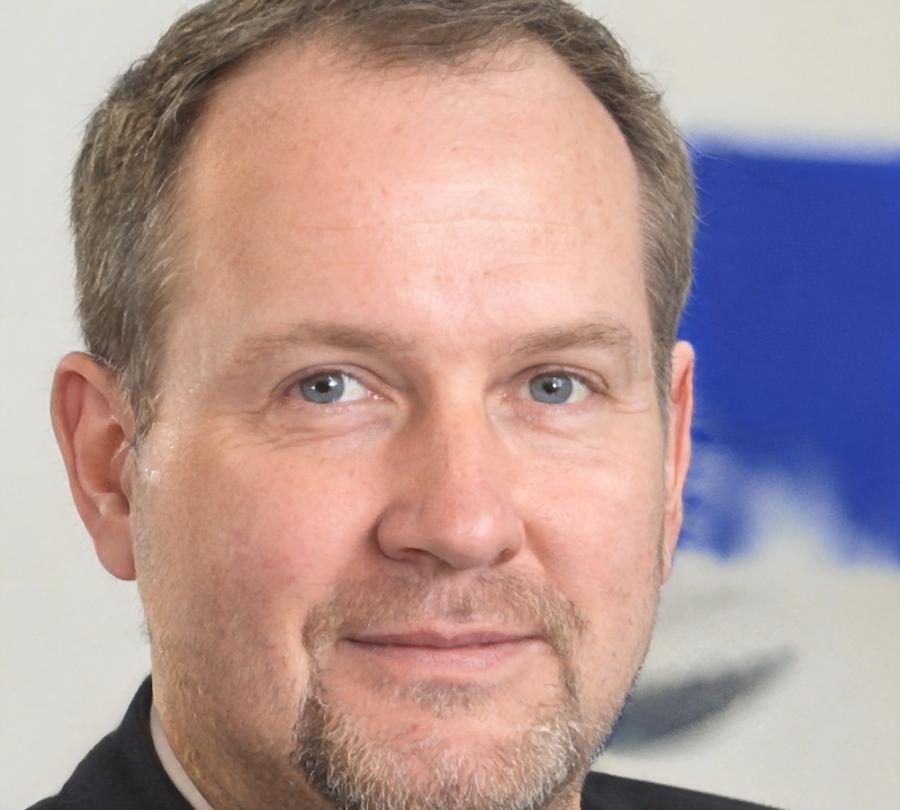Started With A Kitchen Table Discussion
Back in early 2019, a group of us were sitting around talking about why so many smart people struggle with basic money management. We'd all seen friends and family members who earned decent salaries but somehow ended each month stressed about bills.
The problem wasn't intelligence. It was that most financial education felt disconnected from real life. Nobody teaches you how to handle irregular income or what to do when your car breaks down right before rent is due.
So we built something different. meliocarent focuses on practical scenarios Australians actually face, from managing HECS debt to planning for property deposits without giving up your entire social life.

What Guides Our Teaching Approach
These principles shape every course module, every example we use, and every conversation we have with students.
Real Situations Only
Every lesson uses actual scenarios from Australian life. We don't waste time on theoretical examples that don't match how people really spend and save money.
No Judgment Zone
Bad with money in the past? Join the club. We focus on building better habits from where you are now, not making you feel guilty about previous decisions.
Flexible Learning Pace
Life gets busy. Our courses are designed so you can progress when it fits your schedule, with lessons that make sense even if you take breaks between modules.

Desmond Whitmore
Founder & Lead Educator
Desmond spent twelve years as a financial counselor before starting meliocarent. He got tired of seeing the same problems over and over because people weren't getting practical education early enough.
His approach is straightforward. He believes most money problems come from not having a system that works with your actual life, not from lack of willpower or intelligence. That's why meliocarent courses focus on building personalized frameworks instead of one-size-fits-all budget templates.
When he's not teaching, Desmond volunteers with community financial literacy programs in Brisbane and occasionally writes about consumer finance trends for local publications. He's convinced that understanding money shouldn't require a commerce degree.
How We Structure Learning
Our method combines practical exercises with real data, so you're working with numbers that reflect your actual financial situation from day one.

Start With Your Reality
First module focuses on tracking your current spending without changing anything. You can't build a realistic budget until you know where your money actually goes, not where you think it should go.

Build Your Framework
Next we create a personalized system based on your income pattern, fixed expenses, and financial goals. This isn't about restriction, it's about making intentional choices that align with what matters to you.

Practice With Scenarios
You work through realistic challenges like managing unexpected expenses, adjusting budgets when income changes, and making decisions about competing financial priorities.
Adapt And Continue
Final modules focus on maintaining your system as life changes. We cover how to adjust your budget for career transitions, relationship changes, and major purchases without starting from scratch each time.
Our autumn 2025 intake opens in March, with course completion typically spanning four to six months depending on your pace.